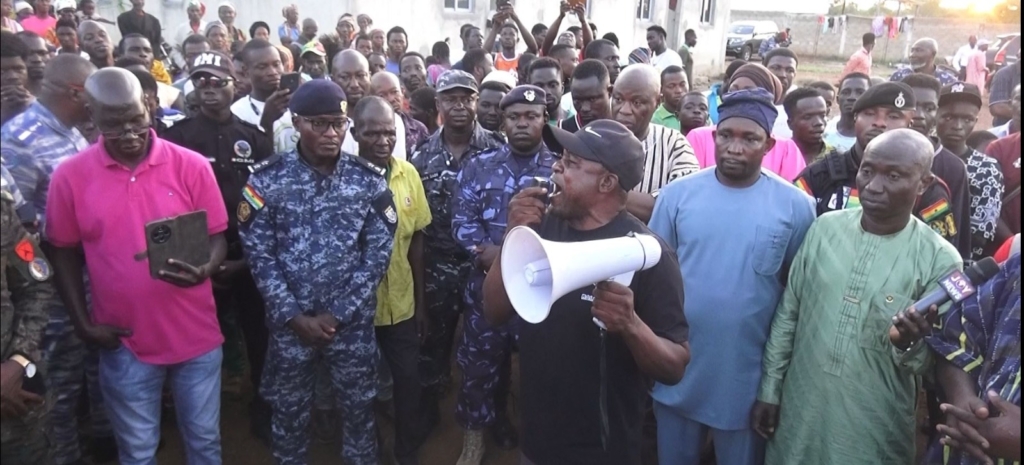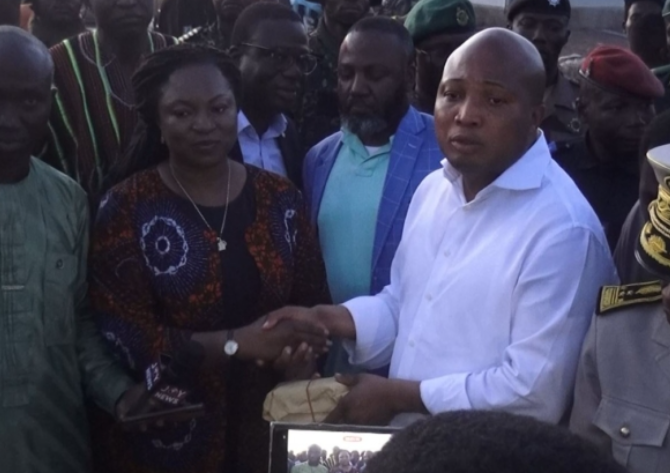More than 8,000 Ghanaians who fled the deadly Gbeniyiri conflict in the Savannah Region have returned to their homes, according to Foreign Affairs Minister Samuel Okudzeto Ablakwa.
In an exclusive interview with Joy News, the minister revealed the figures during a visit to Vonkoro, a border community in Côte d’Ivoire, where over 13,000 Ghanaians had sought refuge.
Head of Joy News’ Diplomatic Desk Blessed Sogah reports that the minister’s visit was aimed at providing support and a direct appeal to the remaining refugees.
During the engagement, Mr. Ablakwa presented a cash donation of 6 million CFA ($9,800) from President John Mahama to the distressed individuals and urged them to return to their communities.

He highlighted the government’s commitment to ensuring their safe resettlement and the restoration of peace in the affected areas.
The Gbeniyiri conflict, which has been ongoing for several months, has been a humanitarian crisis for the region.
While an estimated 50,000 people were displaced internally, a significant portion—13,000—crossed into neighbouring Côte d’Ivoire to escape the violence. The return of over 8,000 of these refugees signals a crucial turning point in the post-conflict recovery effort.
Mr Ablakwa’s journey to Vonkoro was not without its challenges.
An earlier attempt to reach the community by air proved unsuccessful, forcing him to make a second trip by road to personally engage with the refugees.
The successful return of the 8,000 individuals has been attributed to ongoing mediation efforts by the government, including the recent inauguration of a mediation committee by Interior Minister Mubarak Mohammed Muntaka.
These efforts, combined with sustained peacebuilding activities, have created a more secure environment for the refugees to return.
However, the appeal for the 5,000 remaining refugees underscores the ongoing need for continued support and reassurance from both the Ghanaian government and international bodies.
These individuals, many of whom have lost their homes and livelihoods, are awaiting clear signs of lasting peace and rehabilitation before they feel secure enough to go back.


